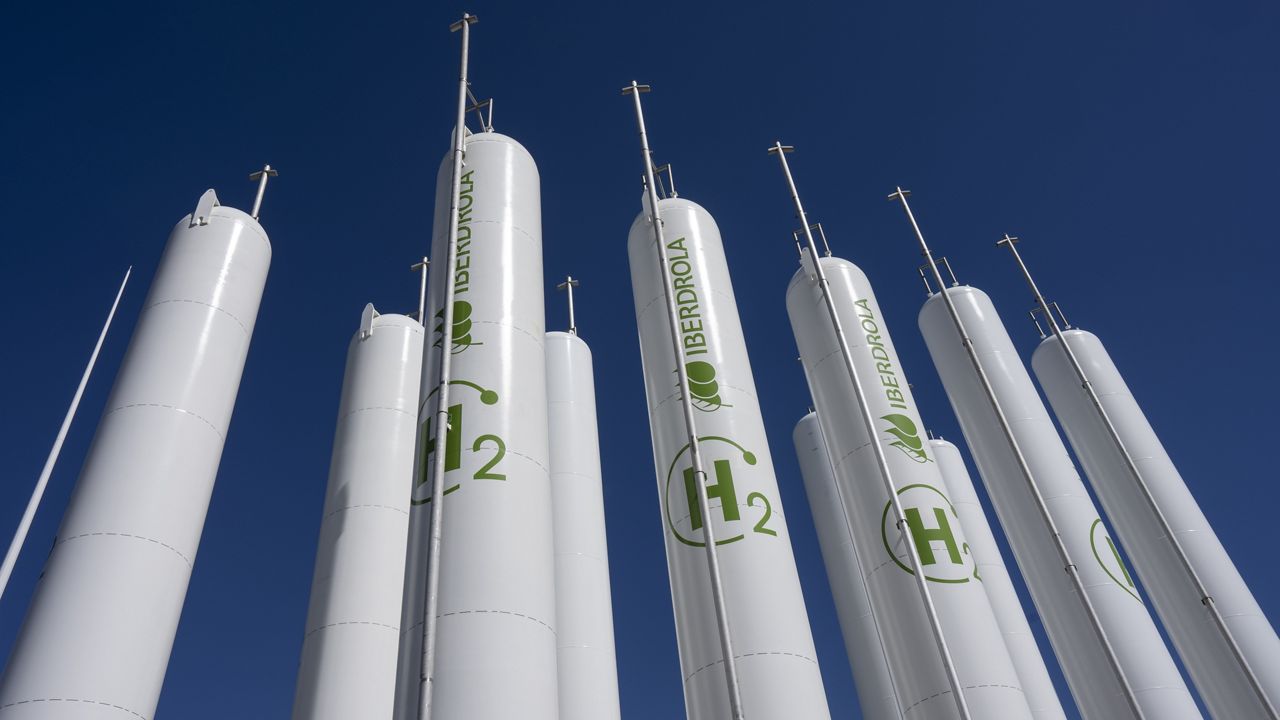With hydrogen poised to become a major energy source in the Biden administration’s efforts to phase out fossil fuels, the U.S. Treasury Department on Friday proposed rules for billions of dollars in tax credits to aid the transition.
Designed to increase domestic renewable energy production, the tax credits are intended to spur more sustainably produced hydrogen for use in manufacturing, transportation and electricity generation.
“Today’s announcement will further unprecedented investments in a new, American-led industry as we aim to lead and propel the global clean energy transition,” U.S. Secretary of Energy Jennifer Granholm said in a statement.
Hydrogen can be used to produce electricity, power manufacturing facilities, heat buildings and fuel vehicles with substantially lower greenhouse gas emissions than fossil fuels, but it depends how it is produced. The dominant method for making hydrogen currently uses natural gas and is less expensive than more sustainable methods, such as landfill gas or electrolysis, which separates hydrogen from water using electricity, often with renewables such as wind and solar.
The Clean Hydrogen Production Credit is designed to minimize emissions by making sustainable hydrogen more cost competitive while imposing safeguards to prevent the credit from being used to subsidize dirtier forms of hydrogen production. The credit will be offered in four technology-neutral” tiers based on the lifecycle emissions of the hydrogen production process.
Last year’s Inflation Reduction Act established the Clean Hydrogen Production Credit to promote private-sector investment in the nascent hydrogen industry. Treasury Secretary Janet L. Yellen said the incentives are key to helping scale hydrogen’s production to make a meaningful impact on emissions from heavy industries such as long-haul trucking and manufacturing, which, she called “a difficult-to-transition sector of our economy.”
A 10-year incentive, the Clean Hydrogen Production Tax Credit allows projects to claim up to 30% of their investment as a tax credit based on the carbon intensity of the energy used to produce hydrogen. Projects need to begin construction by 2033 and can be combined with the existing renewable energy production tax credit.
The Clean Hydrogen Production Credit announcement comes two months after the Biden administration announced a $7 billion investment in so-called hydrogen hubs in seven parts of the country. Each hub will include private and public entities that both produce and consume hydrogen in their geographic areas as part of the administration’s goal of achieving net-zero emissions by 2050.
When fully operational, the seven hubs are expected to reduce 25 million metric tons of carbon dioxide emissions each year — the equivalent of taking 5-1/2 million gas-powered vehicles off the road.


